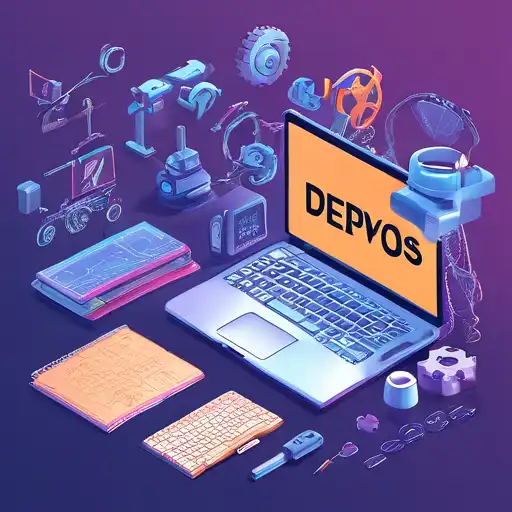Introduction to DevOps in 2023
As we step into 2023, the DevOps landscape continues to evolve, bringing forward tools that promise to streamline development and operations processes like never before. This guide highlights the must-know DevOps tools that are shaping the future of software development, deployment, and monitoring.
1. Continuous Integration and Continuous Deployment (CI/CD) Tools
CI/CD pipelines are the backbone of DevOps practices. Tools like Jenkins, GitLab CI/CD, and CircleCI have dominated the scene, offering unparalleled automation capabilities for testing and deployment. In 2023, expect these tools to introduce more AI-driven features for predictive analytics in pipeline management.
2. Infrastructure as Code (IaC) Tools
IaC tools such as Terraform and Ansible are essential for automating the provisioning of infrastructure. With the rise of multi-cloud environments, these tools are becoming indispensable for ensuring consistency and efficiency across diverse cloud platforms.
3. Containerization and Orchestration Tools
Docker and Kubernetes continue to lead in containerization and orchestration. Their ability to manage microservices architecture makes them critical for developers aiming for scalability and resilience in their applications.
4. Monitoring and Logging Tools
Effective monitoring is crucial for maintaining the health of applications. Tools like Prometheus for monitoring and ELK Stack for logging provide real-time insights into application performance, helping teams to quickly identify and resolve issues.
5. Security Tools
With cybersecurity threats on the rise, integrating security into the DevOps pipeline (DevSecOps) is more important than ever. Tools like Aqua Security and HashiCorp Vault offer robust solutions for vulnerability scanning and secrets management.
Why These Tools Matter
The right set of DevOps tools can significantly reduce manual errors, improve collaboration between teams, and accelerate the delivery of high-quality software. By staying updated with the latest tools and technologies, organizations can maintain a competitive edge in the fast-paced tech industry.
Conclusion
As DevOps continues to mature, the tools and practices surrounding it are becoming more sophisticated. The tools mentioned above represent the cutting edge of DevOps technology in 2023, offering solutions that cater to the growing demands of automation, scalability, and security in software development.
For more insights into DevOps practices, check out our guide on DevOps Best Practices.
